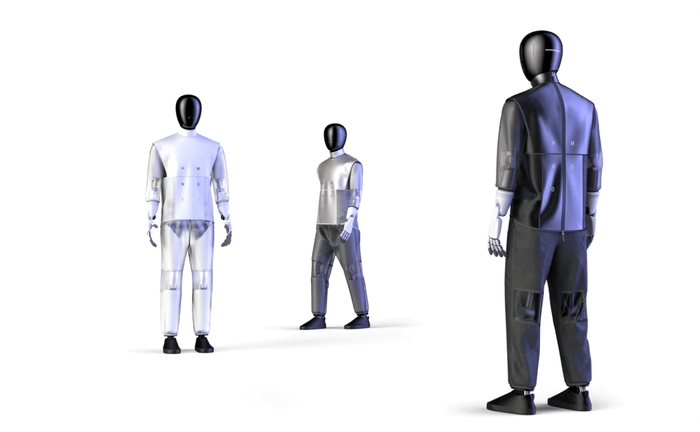Tesla Autopilot Probe Intensifies; 20 More Crashes Since Last Recall FixTesla Autopilot Probe Intensifies; 20 More Crashes Since Last Recall Fix
The National Highway Traffic Safety Administration raises several concerns as it continues investigation into the December recall's efficacy

Federal regulators have upped the pressure on Tesla for answers as they continue to investigate just how effective a December recall has been in addressing problems with the company’s driver-assistance tech.
The National Highway Traffic Safety Administration initially announced the probe in late April, amid concerns that the recall had proven insufficient to prevent driver misuse of the Autosteer feature on Autopilot.
Now the NHTSA has made public a letter it sent to Tesla detailing the specifics of the Office of Defects Investigation and the huge amount of data it requires from the company by July 1 to support the probe.
The document reveals there are “several concerns” about the efficacy of the remedial work and cites no fewer than 20 crashes that have occurred since Tesla installed a software update at the end of last year.
Among the swathe of data Tesla is being asked to provide are full details of all cars fitted with Autopilot tech; the mileage traveled by owners since the December update; and how many times “Hands on Wheel” warnings have been issued to drivers who have removed their hands from the steering wheel.
There is also a request for information on how many Autopilot suspensions have been issued. A suspension occurs when a driver receives three or five “forced Autopilot disengagements” after failing to pay sufficient attention to Tesla’s driver monitoring tech.
And the document raises specific concerns about one particular element of the Tesla recall which lets drivers activate Autopilot with a single pull (of the drive stalk). The NHTSA notes that this “is not the default setting on vehicles that received the remedy in the field” and that it “can readily be enabled and disabled by the driver.”
There is also a demand for more details about the impact that “non-remedy updates” have had on the performance of Teslas.
The probe came about following the closure of an initial investigation into Autopilot’s potential role in a number of crashes, including 13 that involved fatalities and many that caused serious injuries.
This investigation dated back several years and was escalated by the NHTSA into a more serious “Engineering Analysis” in June 2022. It ultimately concluded that “Tesla’s weak driver engagement system was not appropriate for Autopilot’s permissive operating capabilities” and there was a “a critical safety gap between drivers’ expectations of the Level 2 system’s operating capabilities and the system’s true capabilities.”
The December recall was supposed to address this, but NHTSA testing suggests it did not go far enough, prompting the new probe into the recall.
If Tesla does not provide all the requested data by the July 1 deadline, it faces a fine of up to $27,168 per day, up to a maximum of $135,828,178.
The company does not have a PR department and has not commented officially on the latest development. However, CEO Elon Musk took the opportunity to post on X that “the latest version of Tesla’s (supervised) self-driving will blow your mind.”
About the Author
You May Also Like







